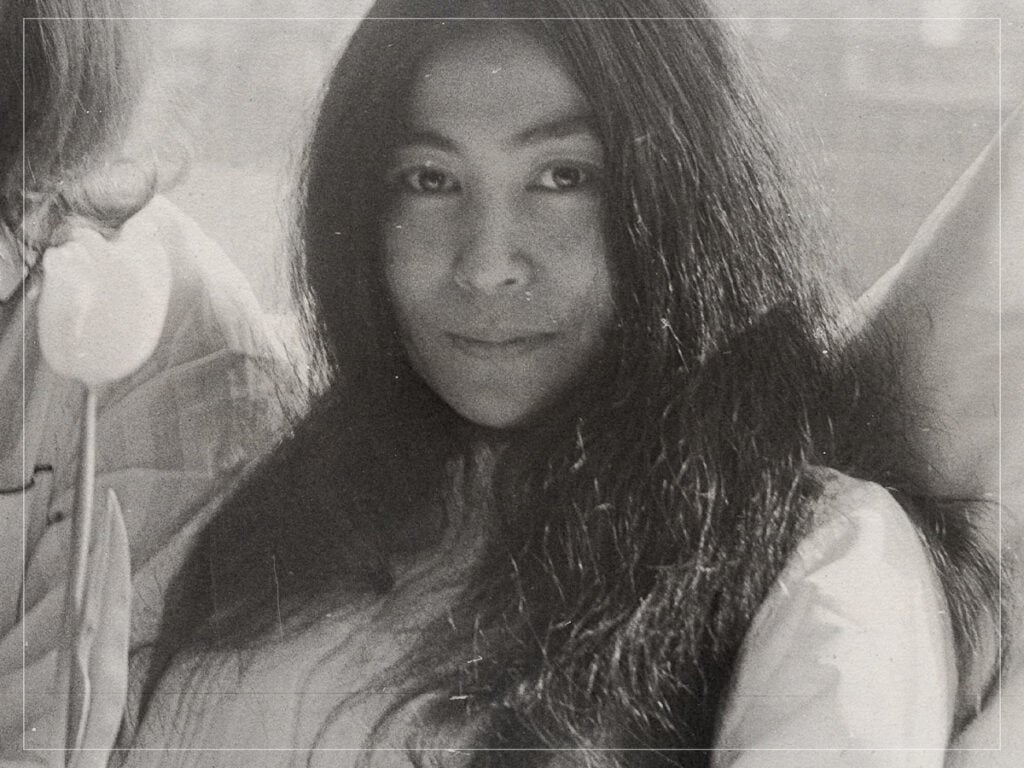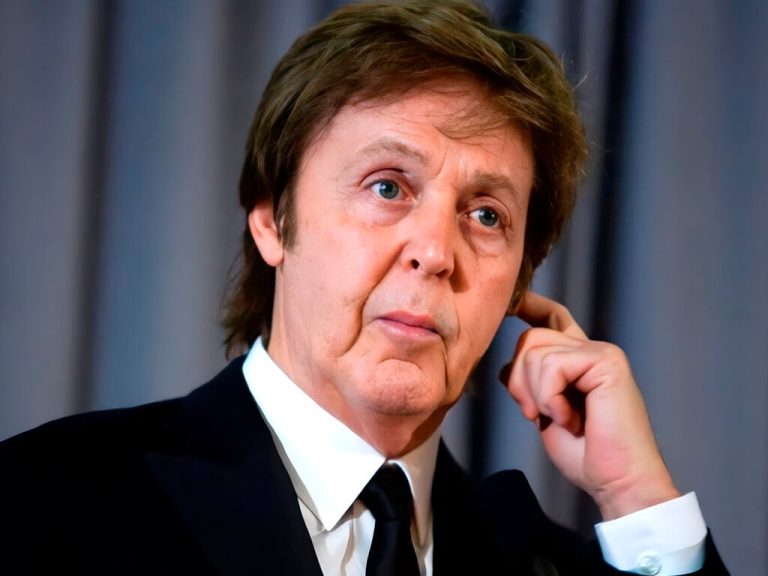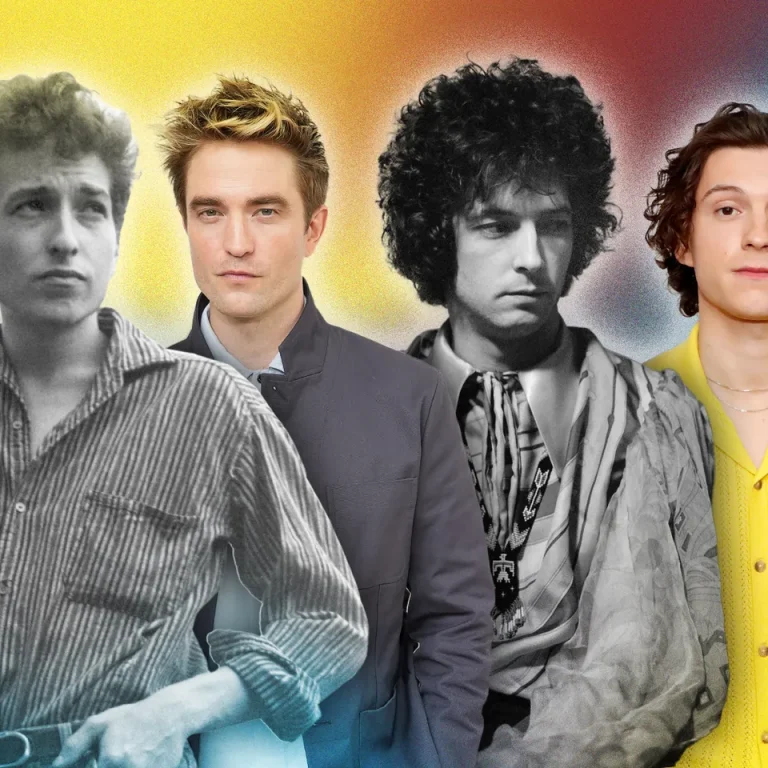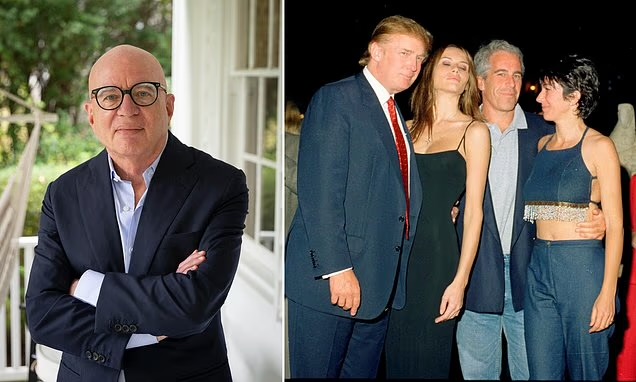
It’s nearly impossible to picture a world without The Beatles, whose influence reshaped music, culture, and art forever. Filmmaker Danny Boyle once tried to capture that concept in his film Yesterday, but even his imaginative take couldn’t fully convey what such a world would feel like. The Beatles weren’t just a band—they were a cultural revolution that changed everything from fashion to global youth identity.
The movie explores the “butterfly effect”, a theory suggesting that small events can lead to massive, unpredictable consequences. In Boyle’s fictional world, the disappearance of The Beatles’ legacy triggers a series of bizarre outcomes. Everyday items and major cultural symbols vanish from history, showing how deeply their existence shaped countless aspects of modern life.
Among the strangest twists in Boyle’s imagined world is the absence of not just Beatles songs, but also cigarettes and Harry Potter. These odd omissions highlight how intertwined art, habits, and cultural icons are in shaping generations. The film suggests that losing one creative spark—like Lennon and McCartney’s songwriting—might ripple through history, altering the entire course of pop culture.
Yoko Ono, Lennon’s widow and artistic collaborator, has often reflected on how John’s creative vision continues to resonate long after his death. She once remarked that Lennon “created” a band even after his passing—an acknowledgment of how his spirit and influence kept inspiring new artists and movements decades later.
In her view, Lennon’s artistic legacy never truly ended. Through reinterpretations, tributes, and the continued relevance of The Beatles’ music, he managed to “do an incredible job” of living on creatively. Even in a world where The Beatles never existed, Lennon’s influence would somehow find a way to resurface—proof that some creative forces are simply too powerful to erase.




